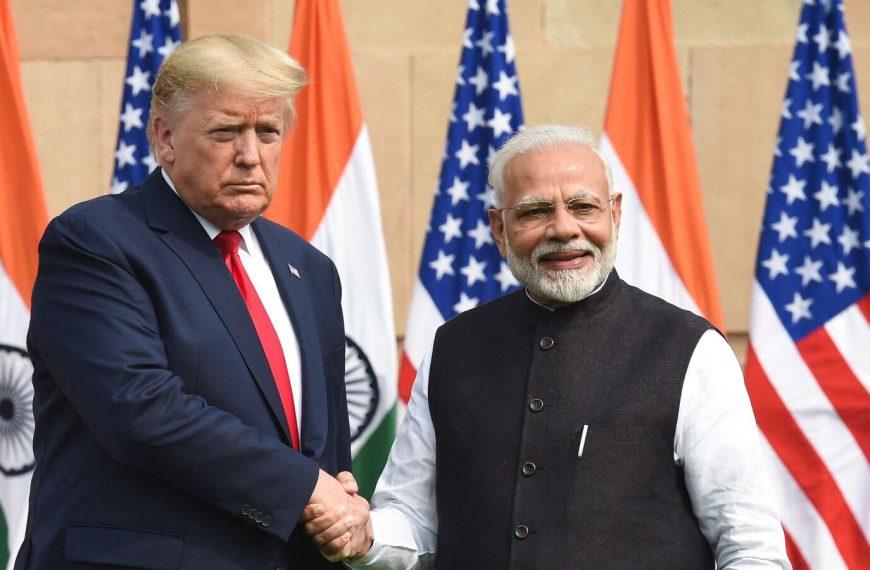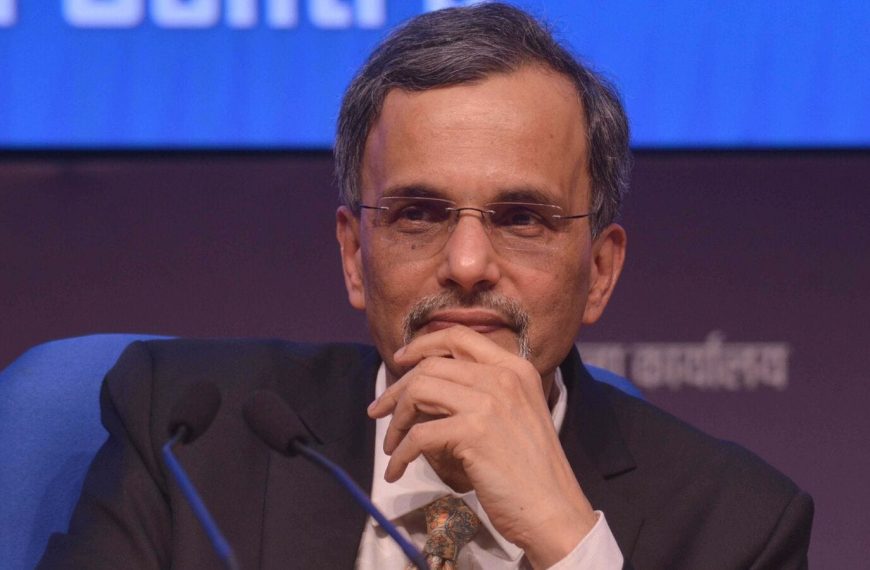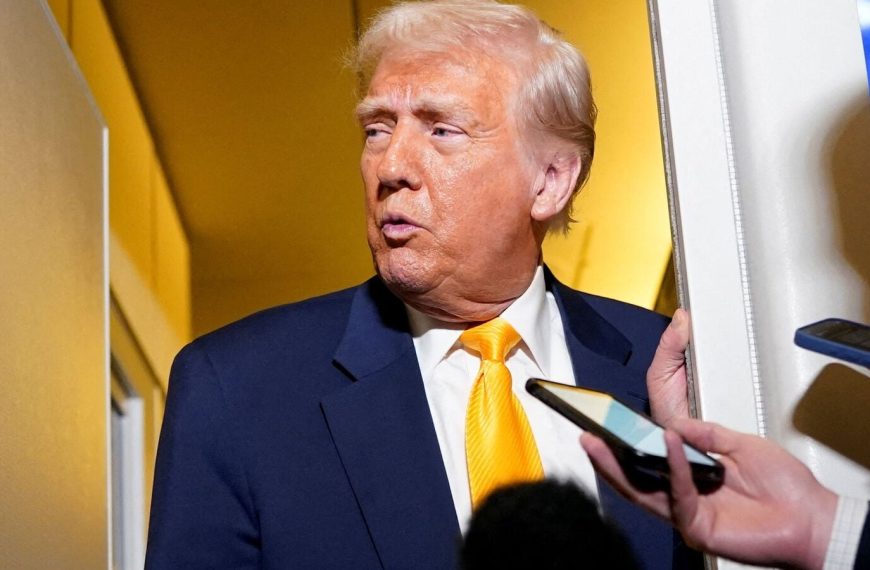India is at a crucial crossroads regarding its trade relations with the United States, particularly in light of President Donald Trump’s recent decision to pause tariffs for a period of 90 days. According to insights from the Global Trade Research Initiative (GTRI), entering into a comprehensive Free Trade Agreement (FTA) with the US could lead to significant and detrimental trade-offs for India. Instead, experts recommend pursuing a targeted "Zero-to-Zero" tariff strategy that would cover 90% of industrial goods, similar to a deal currently proposed by Europe.
Risks of a Comprehensive FTA
The GTRI warns that signing an all-encompassing FTA with the US could result in costly concessions that would ultimately harm India’s economy. Such an agreement might weaken essential policies, such as the Minimum Support Price (MSP) for farmers, and could open the door to imports of genetically modified foods. Additionally, it risks altering patent laws in a way that could extend monopolies on vital medications and allow US e-commerce giants unfettered access to Indian consumers.
- Potential consequences of a full FTA:
- Erosion of farmer incomes
- Threats to food security and biodiversity
- Negative impacts on public health
- Challenges for small retailers
The reduction of agricultural tariffs could particularly threaten the livelihoods of many farmers, while lowering duties on automobiles could adversely affect India’s automotive sector, which is responsible for about one-third of the nation’s manufacturing output.
Exploring Alternative Trade Agreements
Rather than pursuing a broad FTA with the US, GTRI advocates for a more strategic approach. It suggests that India should consider forging trade agreements with entities like the European Union, United Kingdom, and Canada, while also exploring partnerships with countries such as China and Russia.
Moreover, strengthening trade relations with Japan, South Korea, and ASEAN nations could yield significant benefits. There’s also considerable potential for India and China to collaborate on joint product value chains in key sectors like chemicals, machinery, and electronics.
In summary, by carefully navigating its trade relationships and avoiding a comprehensive FTA with the US, India can safeguard its economic interests while exploring more favorable partnerships on the global stage.










